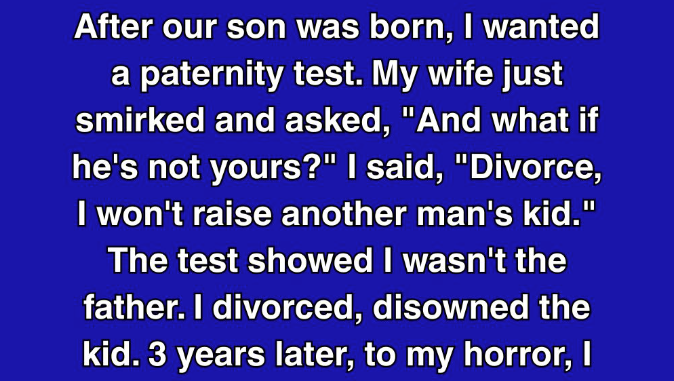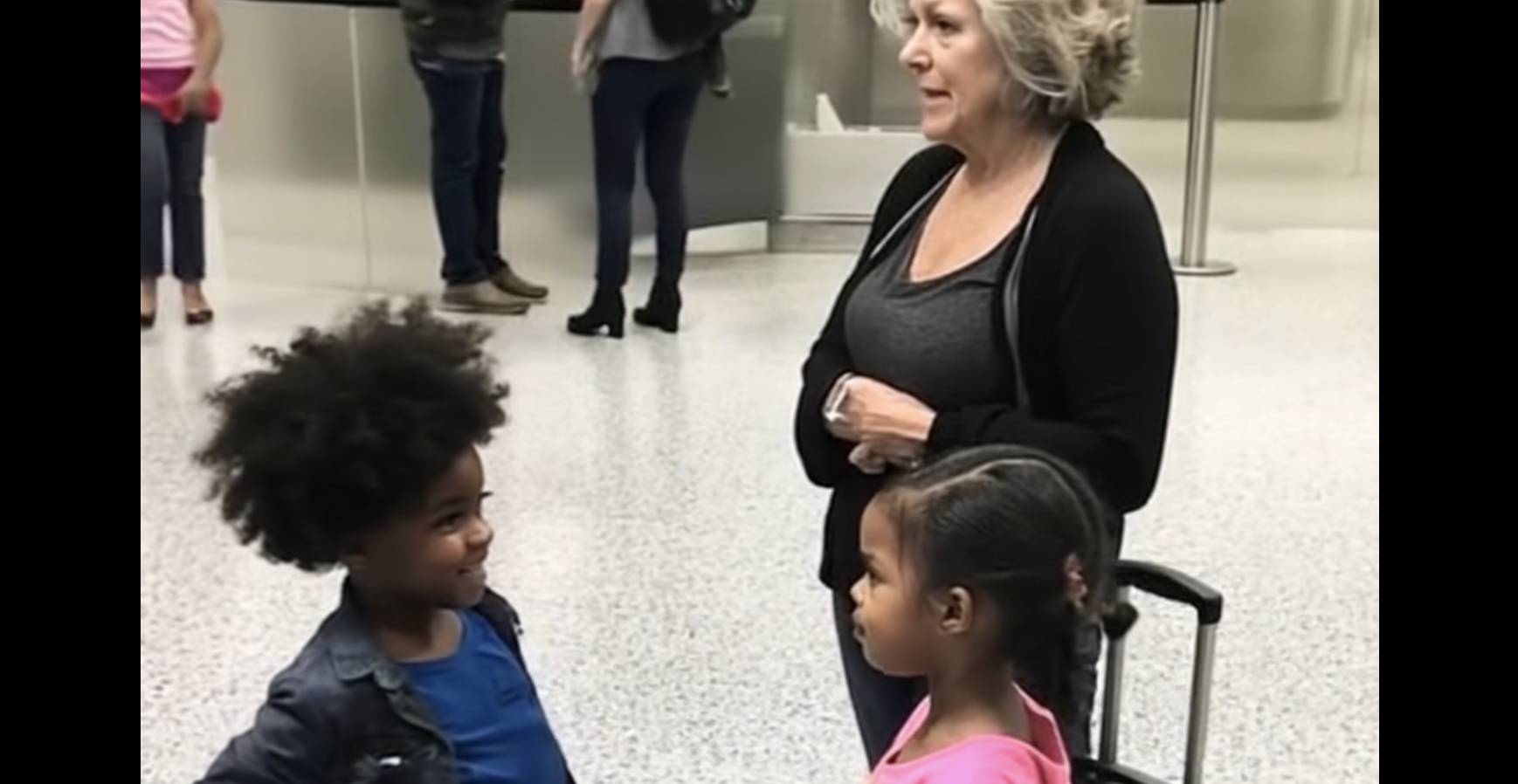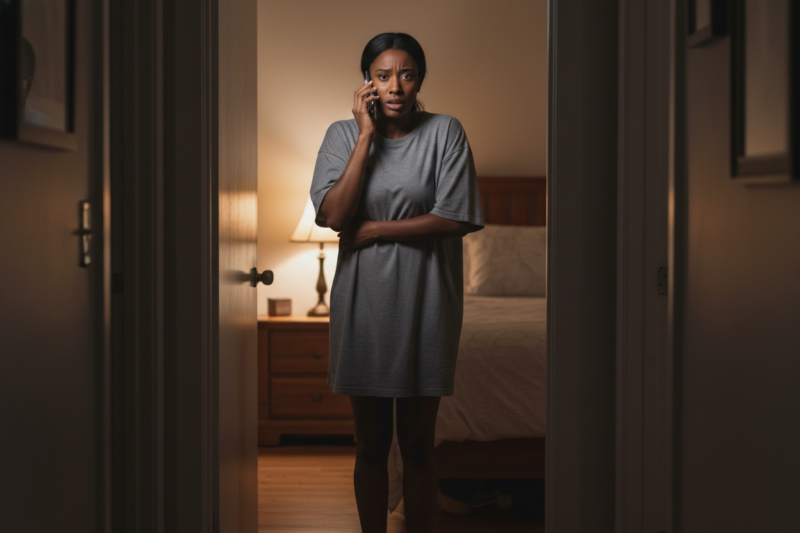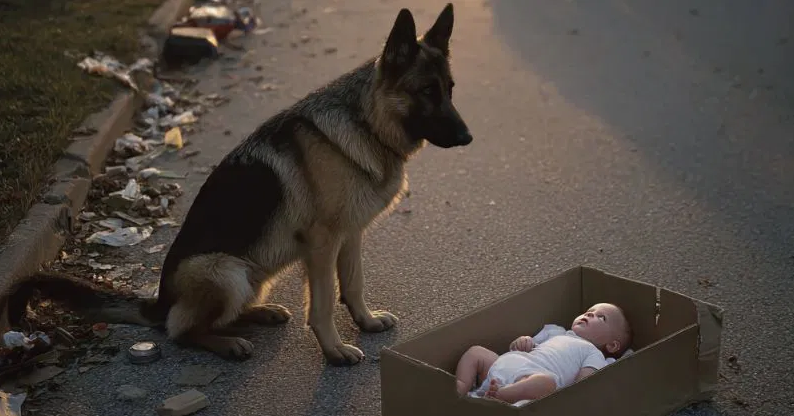After our son’s birth, I demanded a paternity test. My wife, Zara, offered a gentle smile and asked, “What if he’s not yours?” I answered firmly, “Divorce. I won’t raise another man’s child.” When the results arrived, they declared I wasn’t the father. I filed for divorce and walked away from the child. Three years later, a devastating truth emerged.
The test was wrong.
A lab error, revealed during an internal review, upended my world. A letter arrived, slipped among forwarded mail from my old address. I almost discarded it, thinking it was junk. But the lab’s name sparked a flicker of dread.
I sat at my kitchen table and ripped it open. The letter was formal, its tone detached, with a brief apology: “Due to a clerical error and sample mislabeling, the paternity results you received in 2022 were incorrect.”
I read it three times to absorb its weight.
Then I sat, staring at the page, a cold wave crashing over me.
The truth: he was my son. My boy.
And I had left him behind.
Three years.
Three birthdays. Three Christmases. His first words, his first steps—all lost to me.
I walked away, as if none of it mattered. Now I faced the reality that I was the one who vanished. Not Zara. Not some imagined other man. Me.
The hardest part? Zara never fought back.
When I announced the divorce, she didn’t shout or beg. She simply said, “If that’s your decision.”
Now I understood why.
She had known the truth.
The next day, I stood at her doorstep. Same apartment complex, same number. It felt like entering a past that no longer belonged to me.
When she opened the door, her eyes widened. But there was no warmth, only wariness.
“What do you want?” she asked.
“I need to talk. About the test.”
She allowed me inside, but only to the entryway. From a back room, I heard a child’s laughter. I froze, anchored in place.
“Is that… him?” I whispered.
“Yes,” she said. “His name’s Milan now. He turned three in June.”
My throat tightened, a burning ache rising.
“He’s mine,” I said.
She paused, then replied, “Yes. I know.”
And I broke down.
Right there in her hallway.
She didn’t comfort me. She stood, arms crossed, waiting.
When I could speak, I spilled everything. The letter. The lab’s mistake. How my cousin’s remark about the child’s skin tone sowed doubt that spiraled into ruin.
She listened. Nothing more.
When I finished, she said, “He thinks his father died in a car crash. I told him that to shield him from feeling unwanted.”
My legs nearly buckled.
A lie that protected me.
Despite my choices.
“Can I see him?” I asked.
She shook her head. “Not yet.”
I didn’t argue.
I had no right.
I left with shame heavy on my shoulders and a lawyer’s number in my phone—one she recommended for custody or visitation. She wouldn’t block me, but she wouldn’t ease the path either.
Nor should she have.
I hired the lawyer. I began therapy. I documented everything—the lab’s error, my mistaken decisions. But nothing erased the fact that I chose doubt over trust.
Zara sent updates. A photo here and there. A school drawing. Always distant, never personal.
Six months passed before I saw Milan in person.
We met at a park, Zara watching from a bench nearby. He ran around in a yellow jacket, laughing at pigeons and eating raisins. He looked so much like me.
The curve of his ears. The way his eyebrows lifted when he smiled.
But to him, I was a stranger.
I introduced myself as “Mr. Noah.”
Not Daddy. Not even Uncle. Just a man in the park.
I accepted it.
That was the cost of my choice three years earlier.
But children have a way of sensing things. On our third visit, Milan climbed into my lap and fell asleep. No fear. No questions. Just trust.
That night, I wept harder than ever.
He didn’t know my mistakes. He only knew I felt safe. Present.
Zara watched silently. No approval. No anger. Just steady eyes.
Then one day, she said, “I’m moving to Atlanta.”
I blinked. “Why?”
“My mother’s ill. I need to be there.”
My heart sank.
“That’s across the country.”
“I know. That’s why I’m telling you.”
I understood. Less time. More legal challenges. Distance.
But how could I ask her to stay after I’d failed so deeply?
So I said, “Can I come too?”
She raised an eyebrow. “Come?”
“Move there. I’ll find work. I want to be in his life, not a visitor.”
She didn’t agree.
But she didn’t refuse.
So I moved.
I rented a one-bedroom, took a job in warehouse logistics—simple but steady. Every Saturday, I spent with Milan. We explored botanical gardens, kicked a soccer ball, or I held him as he napped.
He started calling me “Noey.” Then, one day, he said, “My daddy’s name is Noey.”
I turned away so he wouldn’t see my tears.
It was slow. Imperfect. But real.
Zara softened, little by little.
She invited me for dinner one rainy evening. Then another.
Soon, we were co-parenting almost seamlessly.
One night, picking up toys, she said, “I hated you for a long time. But I hated how much I still cared even more.”
I didn’t know how to respond.
But I said, “I feel the same.”
We didn’t rush back together. We dated cautiously, like strangers meeting anew.
Then came another turn.
Milan fell ill. A cough turned into fevers and fatigue. Tests revealed a rare autoimmune condition—manageable but lifelong, requiring careful medication and monitoring.
My heart broke again.
But this time, I stayed.
Every appointment. Every hospital night. Every follow-up.
Zara leaned on me, crying in my arms. I held her.
Milan changed me.
Pride, status, being right—none of it mattered anymore.
All I wanted was to be there.
One night, as Milan slept in his hospital bed, Zara rested on my shoulder and whispered, “He’s lucky you returned.”
I shook my head. “I’m lucky you allowed it.”
And I meant it.
We remarried two years later. A quiet ceremony by a Georgia lake with Milan and a few friends.
He was our ring bearer. He dropped the pillow. We all laughed.
Now he’s seven. Healthy, curious, full of mischief. Loves science, hates peas.
Some days, the guilt of missing his early years still lingers.
But he doesn’t hold it against me.
Children forgive in ways adults struggle to.
He once said, “You came back. That’s what counts.”
And maybe he’s right.
Maybe life offers a chance to mend what’s broken.
If you embrace it, fully, with all you have, sometimes you’re forgiven.
I learned trust is fragile but can be rebuilt.
That pride makes a poor parent, but love can be a great one.
I left when I shouldn’t have.
But I returned.
And I stayed.
If this story touches you, share it. Someone out there might need to hear: it’s never too late to make things right. 💙




